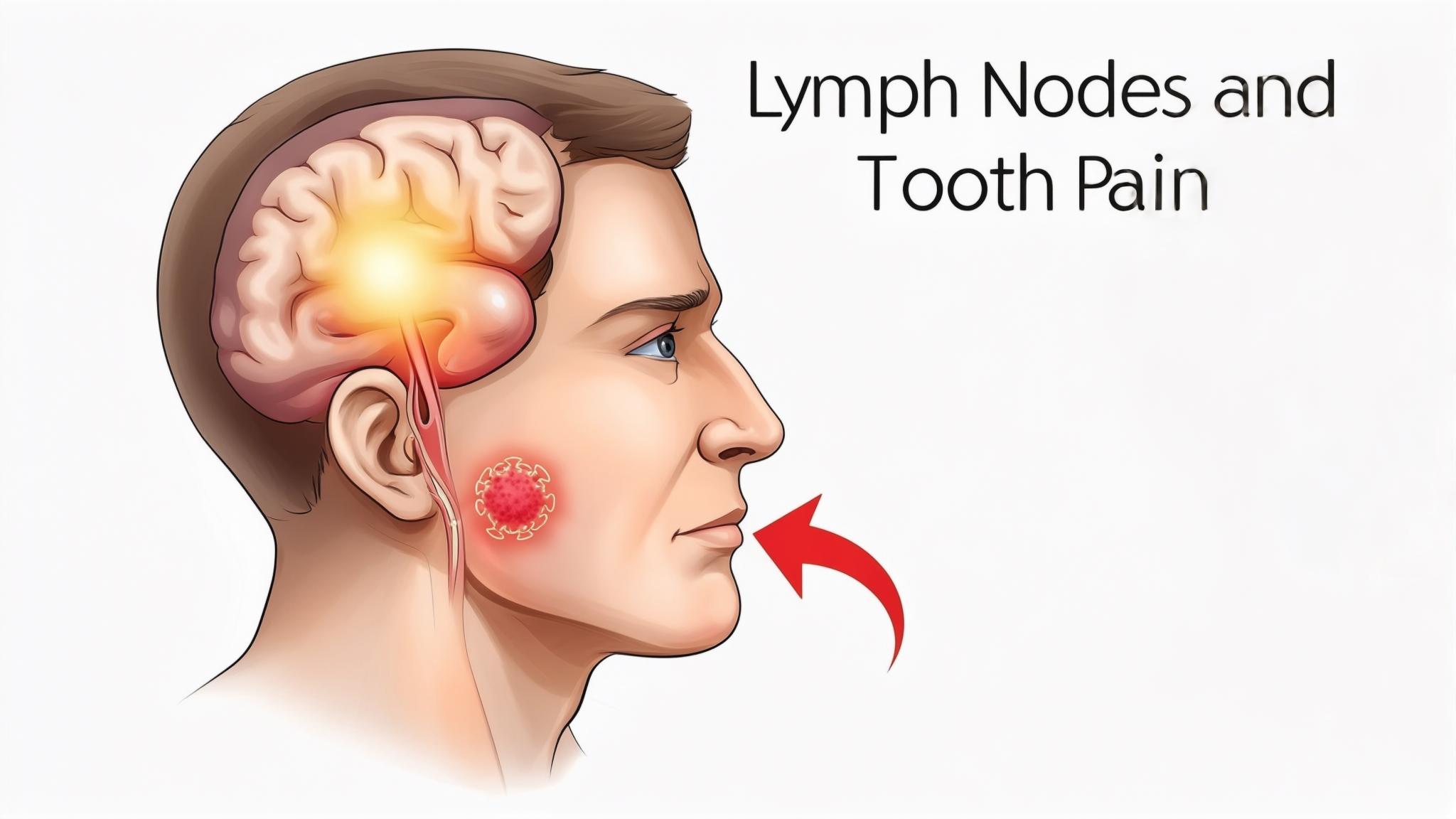Understanding the Link Between Swollen Lymph Nodes and Tooth Pain
Introduction
Swollen lymph nodes and tooth pain are common health concerns that can sometimes be interconnected. Swollen lymph nodes are small, bean-shaped structures that play a crucial role in your body's immune response, while tooth pain often signals an issue within the oral cavity. Understanding the connection between these two can help in identifying and treating potential systemic infections early. In this article, we'll explore how dental health impacts your lymphatic system and what you can do to maintain both.
Anatomy and Function of Lymph Nodes
Lymph nodes are part of the lymphatic system, which acts as your body's drainage network. They filter harmful substances and contain immune cells that help fight infections. You can find lymph nodes in various areas, including the neck, underarms, and groin. In relation to dental health, the lymph nodes in the neck are particularly significant as they can swell in response to infections in the mouth. When bacteria from a dental infection enter the lymphatic system, these nodes work overtime to combat the invaders, which can lead to swelling.
Causes of Tooth Pain
Tooth pain can arise from several common dental issues:
- Cavities: These are holes in the teeth caused by decay, leading to sensitivity and pain.
- Gum Disease: Inflammation of the gums can cause pain and even lead to tooth loss if untreated.
- Abscesses: These are pockets of pus caused by bacterial infections, often resulting in severe pain and swelling.
- Tooth Fractures: Cracks in the tooth can expose nerves, causing significant discomfort.
Pain perception in dental conditions occurs when nerves in the teeth and surrounding tissues send signals to the brain, indicating something is wrong.
Connection Between Tooth Pain and Swollen Lymph Nodes
Dental infections can lead to swollen lymph nodes through pathways that allow bacteria to spread from the mouth to the lymphatic system. The bacteria commonly involved in these infections include Streptococcus and Staphylococcus species. Symptoms that suggest a link between tooth pain and swollen lymph nodes include localized pain, fever, and noticeable swelling in the neck or jaw area.
Potential Complications of Untreated Dental Infections
If left untreated, dental infections can spread beyond the oral cavity, posing risks such as:
- Systemic Infections: These can lead to conditions like sepsis, a life-threatening response to infection.
- Impact on Other Organs: Infections can affect the heart and lungs, leading to more severe health issues.
Early intervention is crucial in preventing these complications. For example, untreated dental abscesses can lead to hospitalizations, highlighting the importance of prompt treatment.
Diagnosis of Swollen Lymph Nodes and Tooth Pain
A thorough clinical evaluation by a dentist or healthcare provider is essential. Diagnostic imaging, such as X-rays and CT scans, can help identify the extent of the infection. Additionally, laboratory tests may be conducted to pinpoint the specific bacteria causing the infection.
Treatment Options
Addressing the underlying dental issues is key:
- Restorative Procedures: Fillings and crowns can repair damage caused by cavities.
- Root Canal Therapy: This treatment removes infected tissue from within the tooth.
- Extraction: Severely infected teeth may need to be removed to prevent further complications.
For swollen lymph nodes, antibiotics may be prescribed to tackle bacterial infections, along with pain management strategies. Follow-up care ensures that the infection is fully resolved.
Prevention Strategies
Maintaining good oral hygiene is the first line of defense against dental issues:
- Brushing and Flossing: Proper techniques can prevent plaque buildup and decay.
- Regular Dental Check-Ups: These can catch potential problems early.
Lifestyle choices also play a role. A balanced diet and avoiding habits like smoking and excessive alcohol consumption contribute to overall oral health.
Conclusion
Addressing tooth pain and swollen lymph nodes promptly is crucial to prevent serious health complications. Seeking professional help for dental issues ensures timely and effective treatment. Maintaining good oral hygiene and a healthy lifestyle can significantly reduce the risk of infections and their spread.
References
For more information on dental health and the lymphatic system, refer to credible sources such as the American Dental Association and the Centers for Disease Control and Prevention.

